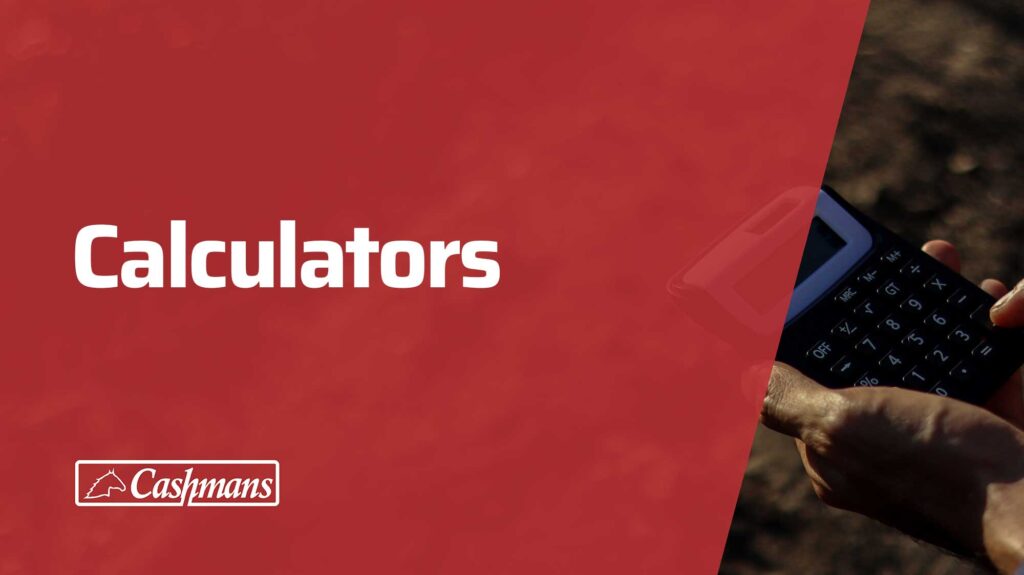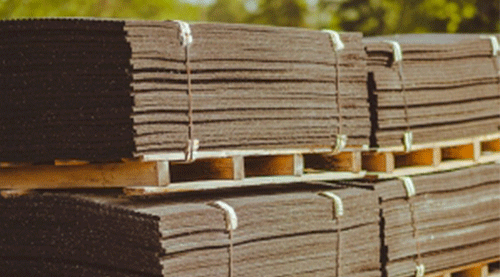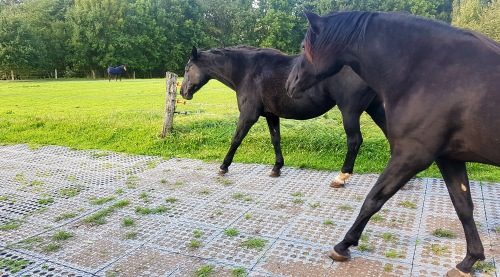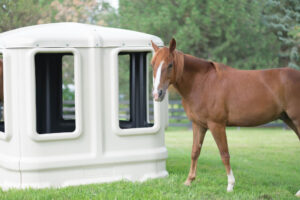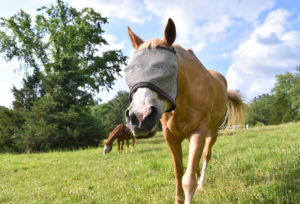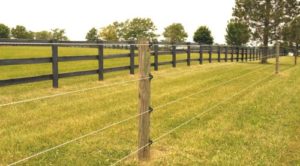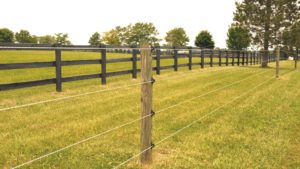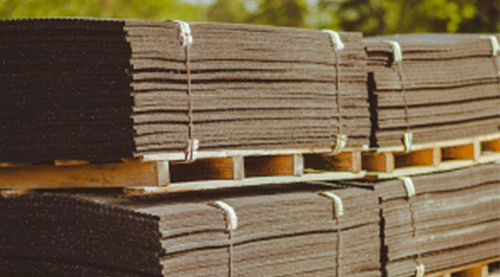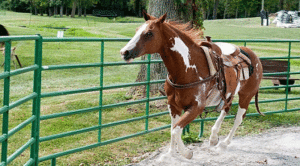
Senior Horse Checklist – Preparing For Winter
by Lisa Kiley – Interview with Dr. Nettie Liburt
Senior horses are truly special creatures. Often they have been the ones to help make our riding goals and dreams come true over the years. When the weather is colder, it only makes sense that we make sure they get through the harsher seasons comfortably. I had the chance to catch up with Dr. Nettie Liburt, Senior Equine Nutrition Manager at Mars Horsecare US / BUCKEYE Nutrition. We talked about some of the things to think about when going into winter with the senior horse.
- Closely Monitor Weight
- Routine Wellness Checks
- Proper Feeding Program
- Dental Health Checks
- Monitor Herd Interaction
- Correctly Fitted Blanket
- Exercise and Turnout
Closely Monitor Weight
Understanding your horse as an individual is the basis for developing a healthy program for horses throughout their lifespan. Dr. Liburt advised that monitoring your horse’s weight should involve consistent use of a weight tape. Personally, she sets a notification in her phone to remind herself to weigh monthly, but even weighing every time the farrier comes to visit is a great start. Regular practice will clue you in on subtle changes that might go unnoticed if you rely on visual evaluation alone.
Routine Wellness Checks
In addition to home monitoring, Dr. Liburt stressed the importance of regular wellness checks. A good relationship with your veterinarian is essential for maintaining your horse’s health, but she also recommends that any abnormal change in weight or condition garner an appointment to assess what the root of the problem may be. There are several issues that can plague older horses. For that reason, Dr. Liburt encourages checking teeth and testing for metabolic and endocrine abnormalities. This can help with early diagnosis of aliments such as Cushing’s and allow for prompt and appropriate treatment.
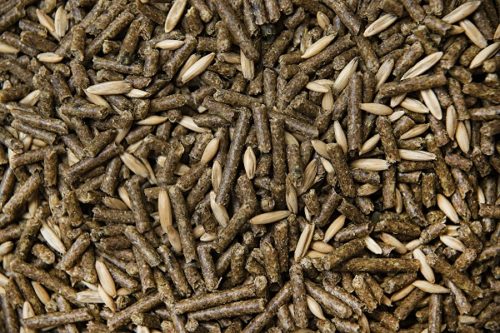
Proper Feeding Program
Quality forage needs to be the cornerstone of any feeding program to keep horses healthy and increase their longevity. The rest of the horse’s feeding program should be based off what is needed to complete their nutritional needs. Those needs may change as your horse gets older.
Dr. Liburt recommends looking at calories in context of balancing what is needed based on what is expended. She reminds us that vitamins, minerals and protein requirements do not change just because a senior horse may not be in regular work. She recommends a high quality commercial ration balancer to help meet these nutritional needs and if necessary, a fat supplement for extra calories.
While noting that not all senior horses are insulin resistant, it is more likely to be an issue as they age. Dr. Liburt advises that weighing feed rations is critical for determining exactly how much the horse is getting.
See our full line of Buckeye Nutrition Feeds Here
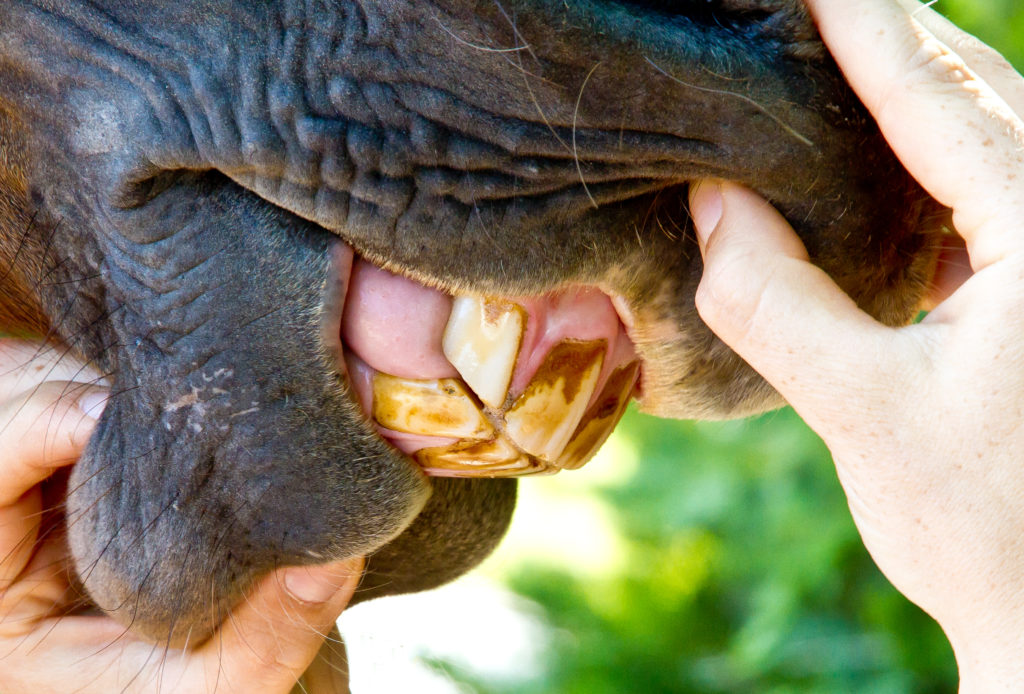
Dental Health Checks
As mentioned earlier, dental health checks are very important. This is especially so for senior horses as they may begin having issues that affect how they eat. As a horse ages, they may have trouble chewing and therefore breaking down forage to get adequate nutrition from it.
Dr. Liburt suggests monitoring how much of the hay your horse is eating vs. what is wasted, which may be an indicator that the horse is unable to properly chew. In these cases, she recommends soaking the hay or enlisting soaked cubes or pellets. That way the horse will be getting the quantity of forage they need to maintain weight. If the feed is more palatable, your horse will be able to more easily swallow and digest the forage allowing for proper utilization of nutrients.
Monitor Herd Interaction
Another area of observation that Dr. Liburt recommends is how your senior horse is interacting with the herd. Even if the horse is in good general health and its teeth are regularly maintained, a horse can show signs of weight loss if they are run off their feed by pasture mates.
As horses get older, they can fall in pecking order and get pushed around by those ranking higher in the group. In these cases, it is important to make sure that the senior horse can be separated from herd mates at mealtime and allowed to eat in peace. Senior horses may also take a little longer to eat, so having a stall or small corral where they can eat undisturbed is important for them to get their full ration.
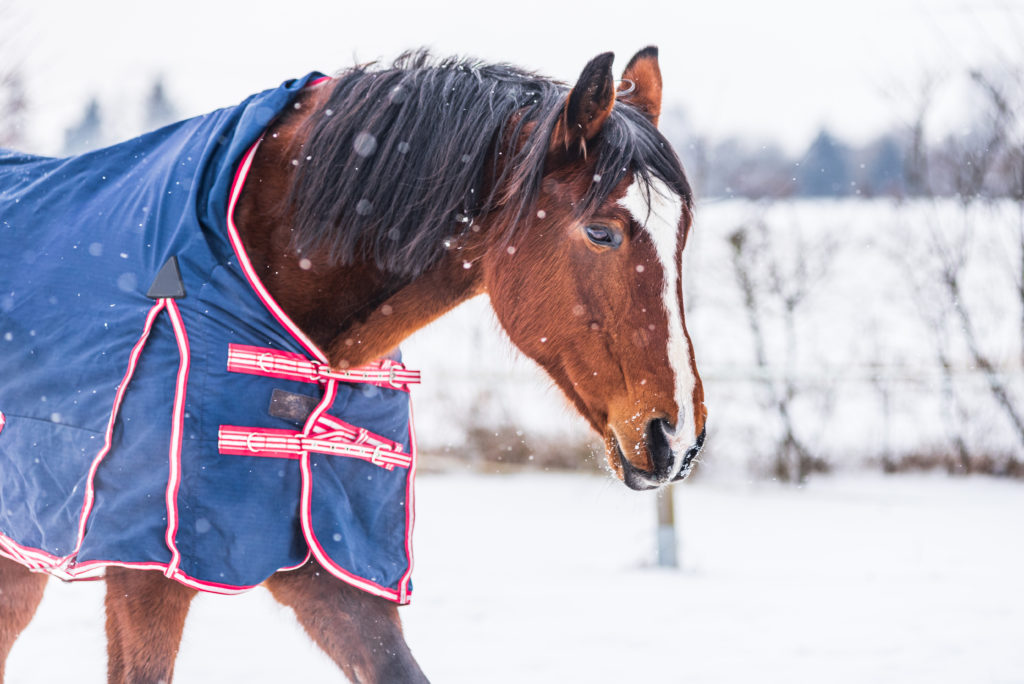
Correctly Fitted Blanket
While horses are often hardier than we give them credit for, senior horses may need some additional support as the weather gets colder. Dr. Liburt explained that as a horse gets older, they often have a harder time regulating their body temperature. While a shelter from the elements may be enough for younger horses, senior horses often need a blanket to maintain body temperature and avoid unnecessary calorie expenditure just to keep them warm. Blankets should fit well to prevent rubbing, be the right weight to provide warmth, but not so heavy that they sweat, and if the horse is outdoors, it should be waterproof. If you observe your horse shivering, action needs to be taken to help warm them.
Exercise and Turnout
In addition to proper food and shelter during the winter, Dr. Liburt urged that owners of senior horses keep them moving. Regular exercise is important to the horse’s health and wellbeing. She mentioned that just as the adage “if you don’t use it, you lose it” can be applied to people, it goes for horses as well. Even if they are not able to maintain the level of work they once did, keeping them in a program that is suitable for their fitness level can improve longevity. Ample turnout is also important to keep them moving and is extremely beneficial.
Taking the proper steps to maintain your senior horse with a few of these simple steps can help ensure they will maintain their health for years to come.
Cashmans Helpful Resources
Recommended For You
-
-
Stable Ground Mud Solution
$17.50



